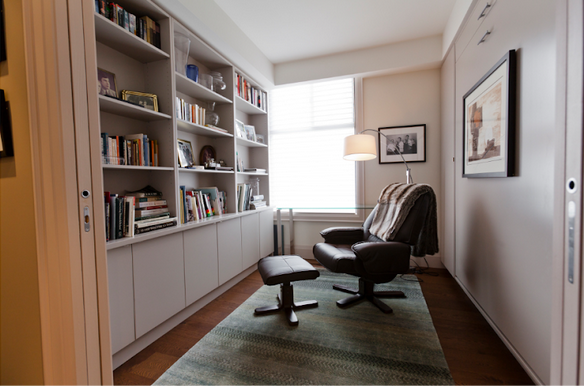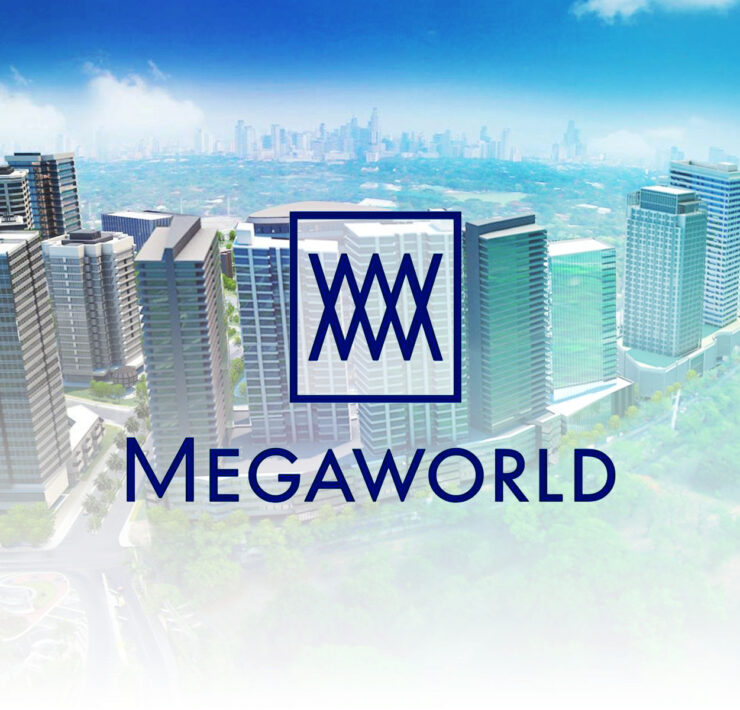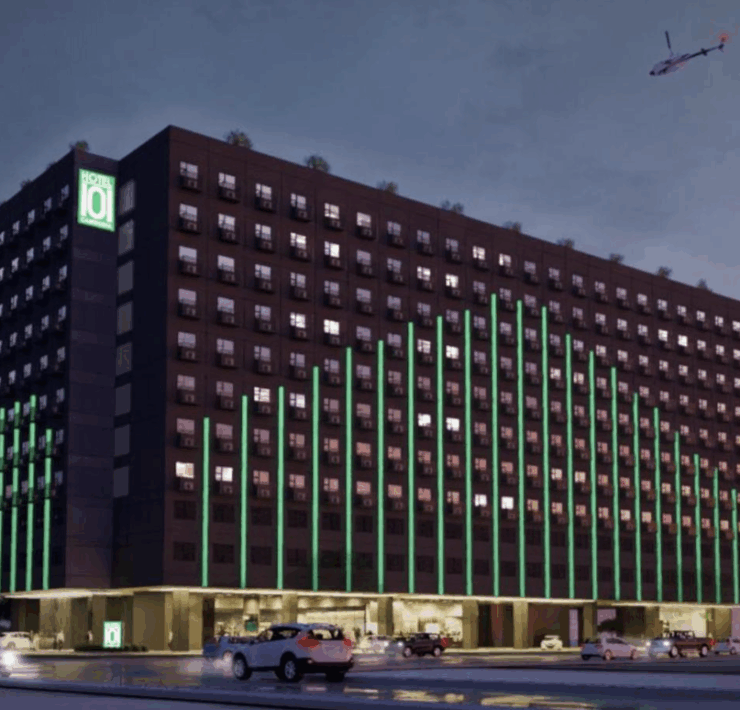Demand for flexible work spaces rising

Flexible working spaces are emerging as the new crowd favorite among both employers and employees, with asset-light business expansion and agility becoming the norm in the postpandemic era.
Real estate broker Colliers Philippines found in a recent report that the flexible workspace industry in the Philippines had managed to break free from a high 41-percent vacancy in the end of 2020 to 21 percent in the first nine months of 2025.
Total inventory in Metro Manila likewise reached 267,000 square meters, surpassing prepandemic levels and “further solidifying the sector’s role in the new hybrid work landscape,” Colliers noted.
“The sector has proven its resilience throughout economic disruptions and shifting work models, and now stands as a vital pillar of workplace strategy for both occupiers and providers,” it added in its report.
As such, more companies have been shifting toward providing flexible workspaces for their employees.
According to Colliers, the volatile economic and geopolitical climate has pushed employers to pursue asset-light strategies. This essentially means that they are now prioritizing operational flexibility by leasing workspaces that are already furnished, thus minimizing capital investment.
As a result, flex providers have also recalibrated their approach and opted to enter joint venture or management agreements with landlords, which have the existing infrastructure to support providers’ operational expertise, brand value and tenant networks.
Developers such as Robinsons Land Corp., Ayala Land Inc. and Cebu Landmasters Inc. have also ventured into the coworking industry, establishing their own brands and setting up shop in their respective buildings.





















